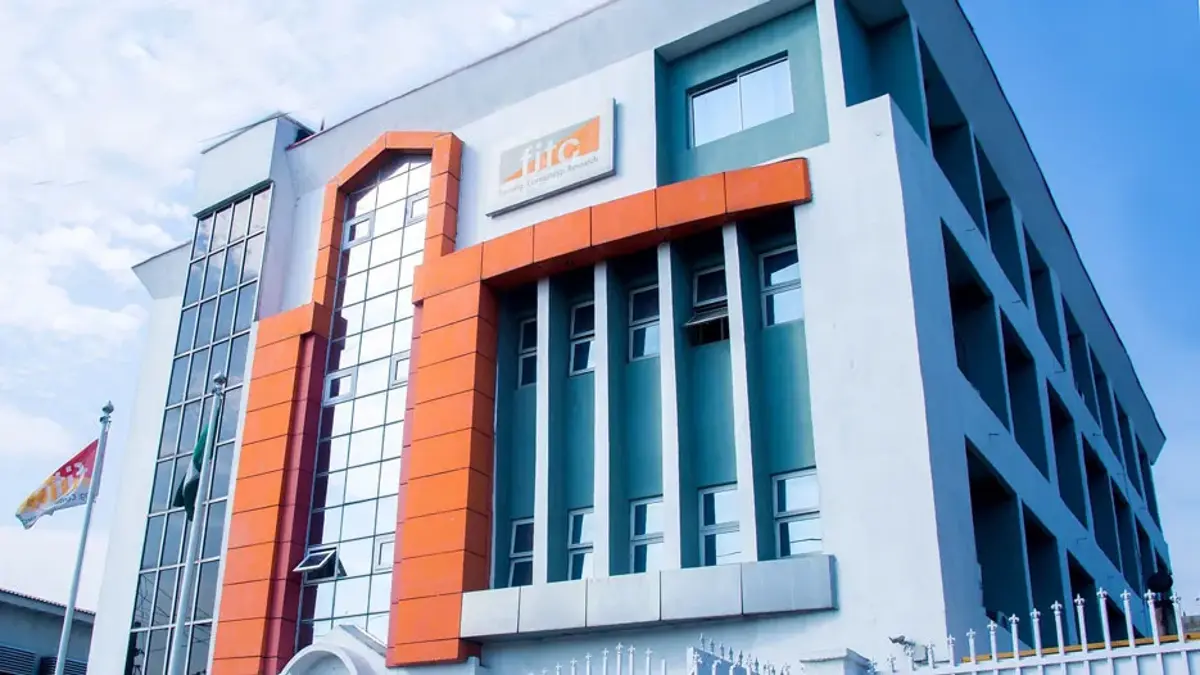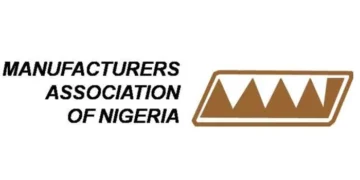The Financial Institutions Training Centre (FITC) has called for collaboration between the Film Industry and Financial Institutions to stimulate funding and achieve greater impact on the economy.
FITC Managing Director/CEO, Chizor Malize, disclosed this during the 5th Edition of the Annual Seminar and Short Film Screening of Nollywood Creative Mind Forum (NCMF) held recently at Four Points by Sheraton, Victoria Island, Lagos.
The event was attended by leaders in the Nollywood industry, financial and private sectors of the economy including Ijeoma Richards, Writer, President, Nollywood Creative Mind Forum (NCMF); Ekpeyong Bassey Inyang-Keppy, Actor, Producer, Film maker; Edmond Enaibe, Veteran Actor, among others.
In her keynote address themed: ‘Finding Common Grounds for Collaboration Between the Film Industry and Financial Institutions’ Malize highlighted the excellent achievements that the industry has recorded and revealed the enormous opportunities that still exists within the same space. She said despite the huge potential in the Nollywood industry, the sector remains under-funded, a challenge that can be fixed with partnerships with key stakeholders in the economy. She highlighted the industry’s frequent funding challenges forcing some filmmakers to seek external support and assistance, with stringent requirements attached to accessing such facility.
According to Financial Derivatives Company (FDC) Limited report, Nollywood was ranked as the world’s second-largest movie industry by volume, surpassing America’s Hollywood and coming just short of India’s Bollywood. However, the report says Nollywood is behind Hollywood and Bollywood in production quality and return on investments.
The FDC report emphasized that over 2,000 movies and TV series produced yearly by Nollywood are mostly in Yoruba, Hausa, Igbo, and English which are the most widely spoken languages in Nigeria, but the returns on investment are behind those of Hollywood and Bollywood.
The FDC report further disclosed that while the highest-grossing Nollywood movie, ‘The Wedding Party’ (2016) made approximately $1.176 million (N453 million), India’s Dangal (2016), grossed about $296 million (N113.8billion). The report added that it takes an average of $10,000 to make a Nollywood film compared to Hollywood’s average budget range of $70 million to $100 million while a premiere Hollywood blockbuster could cost between $200 million and $400 million. The Bollywood’s budgets range between $200,000 and $700,000.
“Lack of funding/financing is responsible for the low-budget nature of Nollywood movies. In recent time, we have seen the release of high-budget Nollywood movies. For instance, in 2018 the global powerhouse, Netflix, set up partnerships with Nigerian production companies, releasing Lionheart, and teaming up with Ebony Life studios, embarked on a string of Netflix-branded projects. This is more of a loss to the country as greater part of the returns goes to the NETFLIX a foreign institutional investor,” the FDC report stated.
“Just like Sports, Nollywood is too strategic, an economic dynamic to be left to the vagaries of government-inspired policy intervention alone. It requires a more rigorous and robust funding intervention that will become more amenable to a private sector-driven management dynamic, than what the solely government-driven control can yield,” she said.
According to Malize, a handshake between these two powerful sectors can only lead to prosperity. She added that there are common grounds that can be reached between the Nollywood Industry and the Nigerian Financial Services Sector and listed the efforts of financial institutions on past projects such as:
The Bankers Committee led ongoing restoration and refurbishment of the National Arts Theatre, Iganmu, Lagos, tagged Lagos Creative And Entertainment Centre project; First bank led sponsorship of the movie titled ”Ayinla” in 2020; UBA’s sponsorship of the Ebola movie titled “93 Days”- A story on how Nigeria faced its first case of the Ebola virus and conquered it.
Others are the African Movie Award was another project sponsored by UBA as far back as 2008; Access Bank sponsored the 9th edition of Africa International Film Festival in 2019 and Ecobank sponsored “The Wait”- A movie inspired by the popular book from a renowned lawyer and entrepreneur, Yewande Zacchaeus, titled- God’s Waiting Room and a host of other movies.
These milestones, Malize stated, showed the financial services sector’s demonstrable support to the Nollywood Industry through the years, and commitment to continued development and growth of the sector.
“This will invariably increase the overall Gross Domestic Product (GDP) of Nigeria thus stimulating growth and development and better position the country as a powerhouse in Movie production,” Malize stated.
She emphasized the need for the industry to rethink and reposition as enterprises, demonstrate structure, financial prowess, show strong corporate governance, and longevity to keep them attracted to the Financial Services Sector.
Also peaking, the President, Nollywood Creative Mind Forum (NCMF), Mrs. Ijeoma Richards said that the event is an annual gathering of professionals within the Nollywood industry aimed at identifying and harnessing opportunities, providing mentorship and creating a viable platform for artistes to collaborate in not only sustaining the momentum but also in taking the industry to the next level.
She highlighted that professionals from the financial sector and the media were invited to see how both sectors can collaborate with Nollywood to identify new windows of openings and innovation to help develop the industry beyond where it is.
In his presentation, Mr. Kelechi Deca, Editor-in-Chief, African Economy Magazine, described the movie and entertainment sectors as strong vehicle for societal change. He advocated for more government support for the industry including collaborating with the professionals on intentional agenda setting towards changing the narratives about Nigeria.
Speaking on the theme: Entertainment as Vehicle for Positive Change and Development, he noted that in an age where culture drives economics, a lot of countries across the world are taking cultural economics seriously and deliberately harnessing opportunities within the sector, towards their national development and foreign policy formulation.
Deca called on the actors to always collaborate with people in different fields such as the media, finance, and academia, especially historians, linguists and other cultural activists to explore all aspects of development the entertainment industry can tap from.
FITC is a world-class innovation-led knowledge and professional services firm providing cutting edge Learning, Advisory and Research Services to clients in the Financial Services and other sectors, within and outside Nigeria.
Established in 1981 as a non-profit organisation limited by guarantee to provide capacity building and serve as a knowledge hub for the Nigerian Financial Services Sector. FITC is owned by the Bankers Committee, i.e., CBN, NDIC, and all deposit money banks in Nigeria.
For four decades, FITC has been at the forefront of innovative knowledge offerings designed for an array of C-suite executives, directors of banks and other financial institutions. Leveraging on international Faculty and partnership, FITC has led the knowledge space in delivering high valued capacity building solutions for Board Directors and C-suites. FITC is a recipient of many local and international awards.





